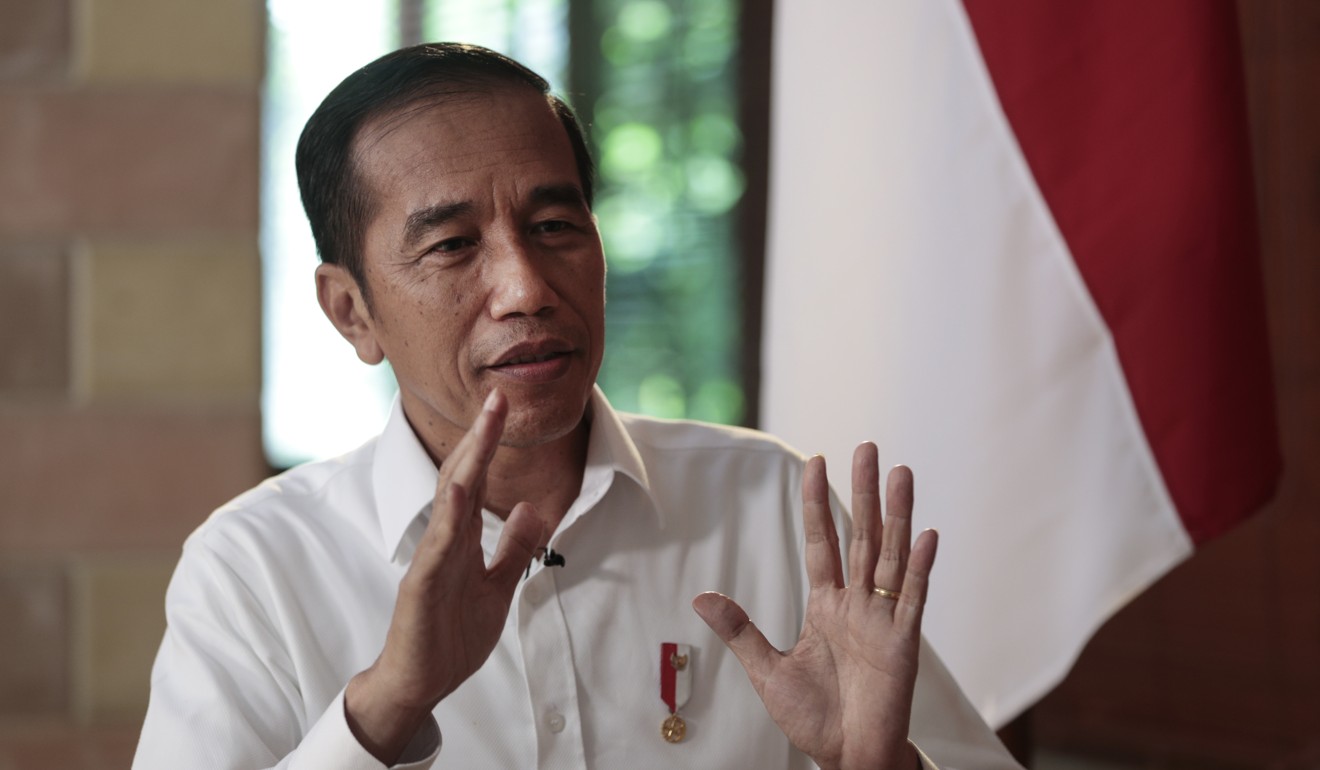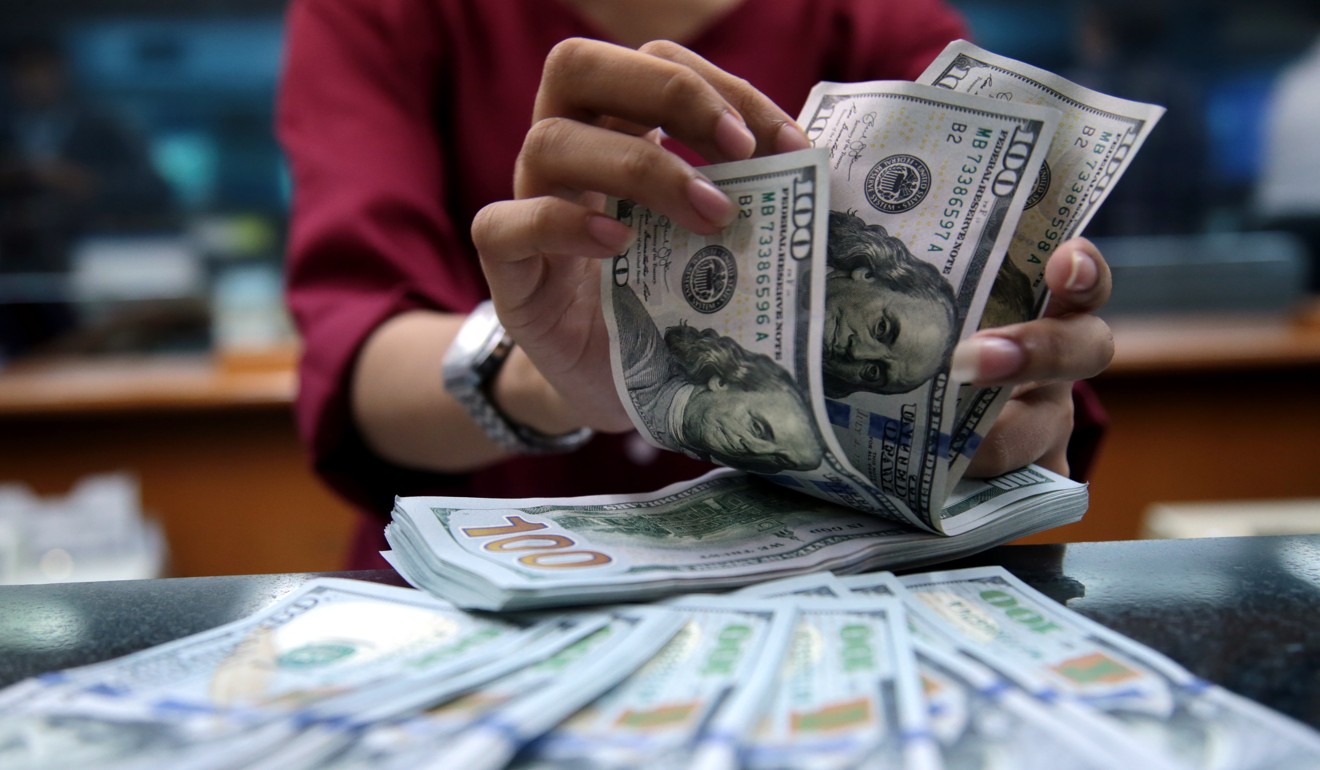
How the US-China currency war will impact Indonesia
- Beijing’s devaluation of the yuan and Trump’s decision to label China a currency manipulator have seen the trade war escalate to a new level
- These actions have roiled global markets and the fallout will also reach Jakarta, pressuring the rupiah and widening its trade deficit
“We also need to be alert regarding the currency depreciation done by some countries, such as China’s yuan and Argentina’s peso,” he said.
The advent of the currency war has impacted Indonesian financial markets, with the value of the rupiah dropping more than 2 per cent since the trade negotiations earlier this month. Other regional currencies have been impacted too.
The country’s economic foundation is also stronger – its foreign exchange reserves in the first half of this year reached US$123.8 billion, equivalent to 7.1 months of imports and above the three-month reserve limit usually adhered to by central banks around the world.
What Trump really gains by calling China a currency manipulator
Indonesia’s government and central bank also succeeded in maintaining inflation at 3 per cent between 2016 and this year, the lowest rate since the aftermath of the financial crisis. Economic growth has been maintained at a stable 5 per cent in the midst of economic uncertainty, despite the fact that this level is not enough for Indonesia to quickly escape from the middle-income trap.
However, the fall in the rupiah caused by the devaluation of the yuan has drawbacks for the Indonesian economy in the long term, due to the strong reliance of domestic manufacturers on imported materials.
The real danger behind US currency manipulation charges
Based on data from the Indonesian Statistics Agency, three quarters of total imports are basic and auxiliary materials. The rupiah’s depreciation will certainly see an increase in the price of foreign goods. As a consequence, the prices of finished goods in Indonesia will go up, causing the inflation rate to rise in tandem.
Josua Pardede, economist at Indonesian lender Bank Permata, said the devaluation of the yuan increased investment risk, so market participants would look for the safest assets to invest their capital. Therefore, risk aversion is a strong sentiment in the market.
Based on historical data, the weakening of the yuan will also drag down the value of other currencies, especially those of developing nations. “China’s efforts to weaken its currency are seen by investors as a retaliation in the trade war,” Pardede said.

A weaker yuan will also make it difficult to stop imports of Chinese goods, which will be the same or even cheaper if measured in US dollars. This will see goods such as raw materials and manufactured products like cars easily flooding the Indonesian market. This is an ingenious policy as in many countries prices of Chinese goods will be more competitive against the might of the greenback.
Trump-linked theme park drops Chinese cash, but trade war ‘nothing to do with it’
Export-oriented products from Indonesia will find it increasingly difficult to compete with products from China and other exporting countries. At a macro level, if Indonesia’s products fail to compete, the result will be a decline in its exports.

In addition, the flow of funds looks likely to turn around and pressure the rupiah and the Jakarta Composite Index because market participants prefer safe havens. Foreign investors are looking to sell Indonesian stocks, which could make the index plummet. This month, the index has shown a downward trend after being bullish since May and had reached a peak around the 6,450 mark last month.
Besides increased imports and trade deficits, the situation will also affect Widodo’s plans to shore up growth, which include several measures to tighten imports in favour of domestic production.
An equally important step that Indonesia can take as the trade war transforms into a currency war is increasing its foreign direct investment. This can help offset its current account deficit, which is growing due to the trade deficit.
Muhammad Zulfikar Rakhmat is a lecturer at the Islamic University of Indonesia and research associate at the Institute for Development of Economics and Finance in Jakarta.

